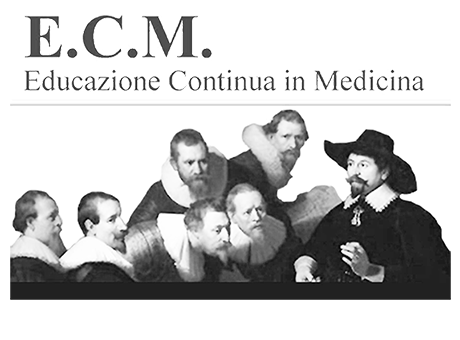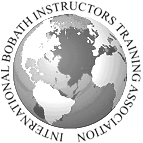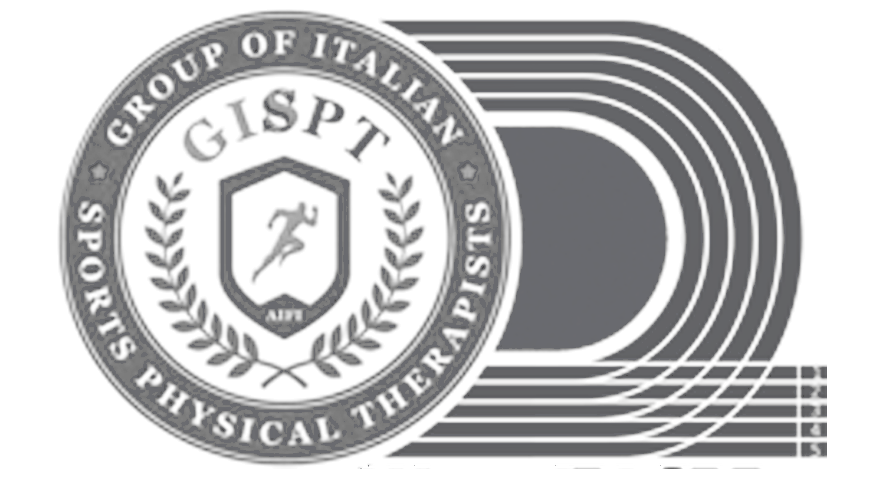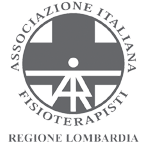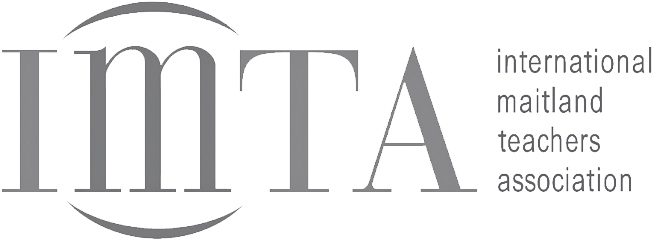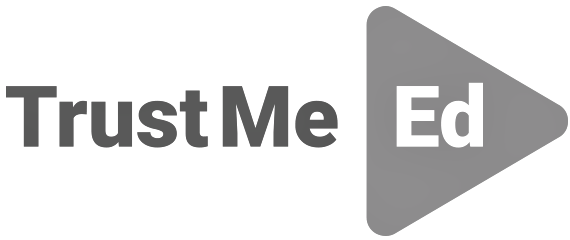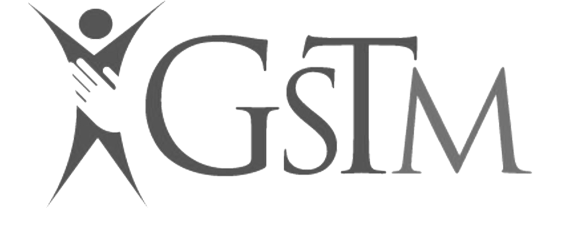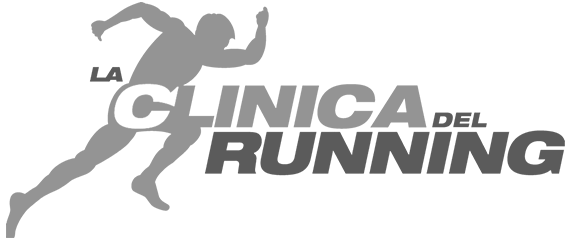October 29, 2021
EM159: Workshop - What does "Facilitation" mean in the Bobath Concept?
-
Mary Lynch ElleringtonPt, FCSP, IBITA Senior Instructor
-
Alba MagriPt, IBITA Advanced Course Instructor
The Bobath concept is a problem solving approach aimed at evaluating and treating people with movement, postural control and function disorders caused by an injury to the central nervous system. This approach to adult rehabilitation with acquired neurological damage originates from the work of Berta and Karel Bobath and has evolved over the past 60 years. The rationale for its application has its roots in current neuroscientific knowledge related to motor control, motor learning, neural and muscular plasticity and current biomechanical knowledge. The Bobath Concept is a manual approach and facilitation is the characterizing element that makes this treatment model unique by diversifying it from the remaining methods. It is based on the expert handling of the physiotherapist, but considers the therapeutic effects connected with the choice of the task and its characteristics, as well as the role of the environment. Facilitation must be tailor-made based on the patient's potential and in line with the principles that guide and support neural plasticity and motor learning.
The aim of the course is to develop clinical reasoning and comparison with teachers of great clinical experience to develop technical skills aimed at implementing the ability to maximize the effectiveness of the neurorehabilitation intervention in different clinical situations secondary to central injury.
In collaboration with:
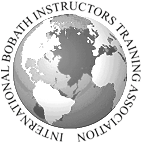
Intended for
Payments
- Deposit €305.00 within 7 days from the registration
- Balance €244.00 by date September 20, 2021
Calendar
language
SCHEDULE
First day
8.30-9.00 Registration of participants and presentation of course objectives
9.00-11.00 Lesson: Facilitation from a neurophysiological and clinical point of view
11.00-11.15 Coffee break
11.15-12.45: Treatment of patient A by teachers in collective session
12.45-13.15 Summary of clinical reasoning and facilitation techniques
13.15-14.15 Lunch
14.15-17.30 Practical workshop between participants
How to develop the principles of spatial and temporal summation, of modulation of sensory afference in clinical practice. What is meant by therapeutic handling: the principles that guide the manual aspects of the treatment.
Facilitate the environment: how to choose and build the therapeutic set.
17.30-18.00 Questions and discussion
Second day
9.00-10.30 Treatment of patient B by teachers in collective session
10.30-11.00 Summary of clinical reasoning and facilitation techniques
11.00-11.15 Coffee break
11.15-12.45: Treatment of patient A by teachers in collective session
12.45-13.00 Summary of clinical reasoning and facilitation techniques.
13.00-14.00 Lunch
2.00pm-5.30pm Practical workshop among participants:
Facilitate management of the environment: the therapeutic potential of the main postural sets (supine, prone / prone standing, seated, standing and SLS).
Qualitative and quantitative training, trial and error, measurement of error, variable practice.
17.30-18.00 Questions and discussion
Third day
9.00-10.30 Treatment of patient B by teachers in collective session
10.30-11.00 Summary of clinical reasoning and facilitation techniques
11.00-11.15 Coffee break
11.15-12.45: Treatment of patient C by teachers in collective session
12.45-13.00 Summary of clinical reasoning and facilitation techniques
13.00-14.00 Lunch
14.00- 16.30 Practical workshop between participants:
The choice of the task: the right level principle, the presentation of the split or global task, the choice of the object, the independent practice. Verbal support: how, how much, when?
16.30-17.00 Questions, ECM test and course conclusion
